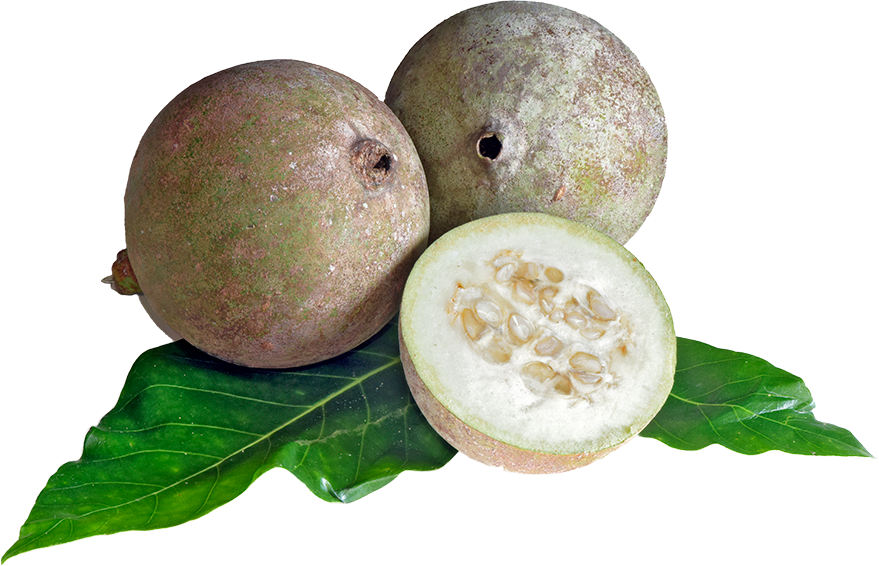
Wondering if Jagua Tattoos Are Safe During Pregnancy?
You’re not alone — and the good news is, this natural fruit-based body art has been used safely for generations. Here's everything you need to know about jagua during pregnancy, including safety guidelines, cultural history, and expert aftercare tips.
At Fresh Jagua, we’re here to give you a clear, honest answer based on history, science, and customer experience.
-
✅ Quick Answer: Is Jagua Safe to Use While Pregnant?
Yes — when used properly, jagua is safe for most pregnant women. It’s a non-toxic, plant-based dye that is applied externally to the skin. However, a patch test is strongly recommended, especially if you have sensitive skin or fruit allergies (pineapple, kiwi, strawberries).
What Is Jagua?
Jagua (Genipa americana) is a tropical fruit native to the Amazon rainforest. Its juice stains the skin a deep blue-black, creating temporary tattoos that look like permanent ink.
Fresh Jagua Gel is:
-
🌱 100% natural
-
🚫 Free from synthetic chemicals and PPD (used in black henna)
-
🧴 For external use only
-

Traditional Use: Safe for Pregnant Women & Children for Thousands of Years
In Indigenous Amazonian cultures, jagua has been used for centuries — often applied to pregnant women, infants, and children. It wasn’t just for decoration; it was believed to protect mothers and bless pregnancies.
This long-standing traditional use highlights its general safety and spiritual significance.
Why the Caution in the Western World?
While jagua has been trusted in Indigenous cultures for centuries, its use is relatively new in the Western world, especially in cosmetic and body art applications.
That’s why it’s always best to:
-
Do a patch test before full application
-
Understand the ingredients and how your skin might react
-
Avoid application on broken, thin, or highly sensitive skin — like the lower belly during later stages of pregnancy
Potential Risks (And How to Avoid Them)
Jagua is safe for most people, but be cautious if:
You have known fruit allergies (e.g., pineapple, strawberries, kiwi)
You have eczema, dermatitis, or highly sensitive skin
You are applying it to thin or stretched skin, like the belly in late pregnancy
🔬 Always perform a 24-hour patch test before applying a full design.
I
🧴 How to Care for Your Jagua Tattoo During Pregnancy
To ensure a safe and smooth experience, follow these aftercare tips:
-
Keep It Clean: Wash the area gently with fragrance-free soap and lukewarm water.
-
Moisturize Lightly: Use unscented oils like coconut oil.
-
Avoid Scratching: Let the tattoo fade naturally over 1–2 weeks.
-
Protect from Sun: Cover or use mineral sunscreen to avoid pigmentation changes.
-
Monitor Your Skin: If you notice swelling, redness, or irritation, consult your healthcare provider.
Artist & Client Tips
✅ Always patch test. Apply a small amount of gel to the inside of the arm and wait 24 hours.
✅ Avoid thin or highly stretched skin, especially the lower belly in the third trimester. If the skin appears fragile or irritated, skip that area.
✅ Inspect for skin health. If your client has visible skin issues or a history of reactions, it’s better to proceed cautiously — or not at all.
✅ Communicate openly. Ask clients about allergies, sensitivities, and past experiences with natural products.
A Safe, Natural Alternative to Chemical-Based Tattoos
Unlike black henna, which often contains harmful synthetic dyes like PPD, jagua is:
-
Plant-based
-
Non-toxic
-
Safe for most people when applied externally
That’s why many pregnant clients choose jagua for maternity photoshoots, belly blessings, or simply to honor their bodies during this special time.
🌿 The Emotional Power of Jagua During Pregnancy
For many expectant mothers, applying jagua isn’t just about body art — it’s a celebration of transformation. Whether for a maternity photo shoot, baby shower, or personal ritual, jagua offers a powerful way to honor your body.
In Amazonian culture, jagua symbolized:
-
🌙 Protection from negative energy
-
🍃 Connection to nature
-
💫 Blessings for a healthy pregnancy
Final Thoughts
Jagua has a rich cultural history of safe use — even among pregnant women and children. While it’s considered safe for most, every body is different. With a simple patch test and a little awareness, jagua can be a wonderful, low-risk way to celebrate your pregnancy naturally and beautifully.
Have More Questions?
We’re here to help. Explore our Full blog page & FAQs or reach out at support@freshjagua.com
Disclaimer: This article is for informational purposes only. Please consult a healthcare professional if you have concerns about product safety during pregnancy.






